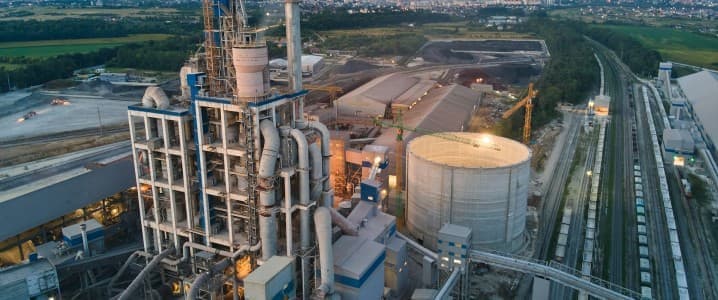U.S. refiners are reassessing Latin American crude sourcing strategies after President Donald Trump’s administration granted Chevron the authority to resume and expand operations in Venezuela, signaling a shift in sanctions enforcement that could revive heavy crude flows to Gulf Coast plants.
The change follows more than a year of tightened restrictions, during which Gulf refiners diversified rapidly to alternative suppliers including Brazil, Colombia, and Guyana crude. U.S., importing an average of 95,000 barrels per day from Guyana in the first half of 2025, up sharply from pre-sanctions levels, as companies such as Valero, Marathon, and PBF Energy sought to replace heavier grades previously sourced from Venezuela and Mexico, Reuters reported on Friday.
Now, those companies may face tough operational decisions. While Venezuelan crude provides a better feedstock match for many Gulf Coast coking refineries, several have recently invested in units configured for medium-sweet crude from Guyana and the Middle East. Blending strategies and recent capex decisions suggest refiners won’t simply flip back to Venezuelan barrels overnight.
Chevron, which operates joint ventures with PDVSA under a pre-existing OFAC framework, is expected to gradually increase exports from fields in the Orinoco Belt and western Zulia state. ING analysts forecast a measured but market-moving return of Venezuelan supply in the second half of 2025, dependent on infrastructure recovery and port throughput.
The decision is also expected to boost demand for Aframax and Suezmax tankers in the Atlantic Basin. TradeWinds reported on Friday that shippers are repositioning tonnage in anticipation of U.S. buyers returning to Venezuela.
The Biden administration had paused all new Venezuela-related licenses in 2024, but under Trump, backchannel negotiations between U.S. and Venezuelan intermediaries helped lay the groundwork for Chevron’s phased comeback.
For now, U.S. refiners are navigating a volatile supply landscape shaped by shifting political winds, and weighing whether a partial return to Venezuela will complement, or complicate, their longer-term rebalancing strategies.
By Michael Kern for Oilprice.com
More Top Reads From Oilprice.com

